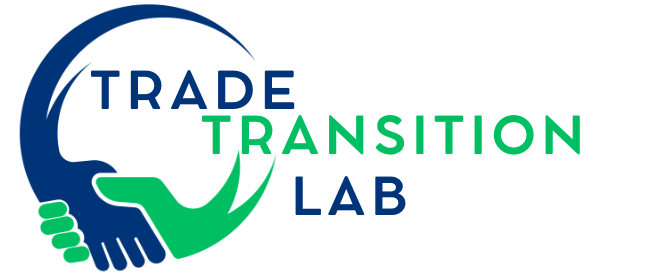Quality Control: The process of ensuring that products or services meet a certain level of quality and comply with industry standards.
Quality Assurance: The process of implementing quality control measures to ensure that products or services meet the desired level of quality.
Defect: A flaw or imperfection in a product or service that affects its performance or functionality.
Inspection: The process of examining products or services to identify defects or deviations from specifications.
Testing: The process of evaluating products or services to ensure that they meet the desired level of quality and performance.
Non-conformance: A deviation from the requirements or specifications for a product or service.
Corrective Action: A process to identify and resolve problems, defects or non-conformances in a product or service.
Root Cause Analysis: The process of identifying the underlying cause of a problem or defect.
Continuous Improvement: The ongoing process of identifying and implementing improvements in quality control processes.
Quality Management System: A system that defines and documents the policies, procedures, and responsibilities for ensuring quality control in an organization.
Accreditation: The process of obtaining official recognition for a quality control service provider from a recognized accreditation body.
Compliance: The process of ensuring that quality control practices comply with relevant regulations, standards, and industry requirements.
Six Sigma: A data-driven approach to quality control that aims to reduce defects and improve process efficiency.
Lean Manufacturing: A methodology that focuses on reducing waste and improving efficiency in manufacturing processes.
Statistical Process Control: A method for monitoring and controlling quality during the production process by using statistical methods to identify and address variations.
ISO 9001: A quality management standard that provides a framework for ensuring consistent quality in products and services.
Quality Control Plan: A document that outlines the quality control procedures and processes for a specific product or service.
Quality Control Inspector: A professional responsible for ensuring that products or services meet the desired level of quality and comply with industry standards.
Quality Control Manager: A professional responsible for overseeing quality control processes and ensuring that products or services meet the desired level of quality.
Quality Control Audit: An evaluation of the effectiveness of quality control processes and procedures.
